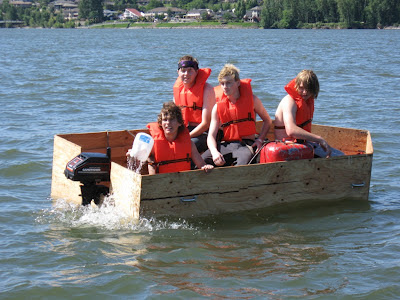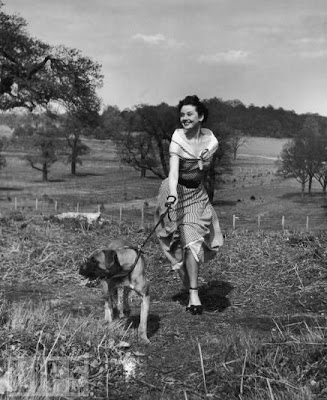A disaster is unfolding on our watch.
What is happening? Are the guards asleep on duty? Do they not believe their eyes? Are they afraid to call out? Are they shouting in the wrong language? Are we ignoring those that do call out? Are we confused because the leaders say it's bad, really bad, while doing nothing about it?
All of the above.
Many of us understand the calls, but we can't quite grasp the magnitude and urgency of the situation. We nod our heads and wait for our governments to show leadership. We're waiting to see what our fearless leaders do.
KC Golden urges us to stop waiting,
We need to stand tall – with both feet, whole hearts, and strong, explicit words – on the side of the truth.
In a similar vein, Kate Lovelady, Leader of the Ethical Society of St Louis, ruminates on the need to bring our carbon actions in line with our values when she asks what message she conveys when she flies to a conference instead of taking a train.
Action is by far the most powerful communication. Michelle Obama's White House vegetable garden replaces a thousand speeches about healthy food and active lifestyles.
So, how do we bring our words and actions in line with the real urgency of the situation?
Climate Solutions draws on this study to suggest
that the tactical risks of talking explicitly about climate are
overblown. Yes, it can be a “loser” as a “message,” but generally only
when we talk like losers – when we internalize and reiterate our
opponents’ bad frames. They find that focusing on climate is generally a
“winner” when we:
- Invoke a strong sense of human agency and responsibility. We’re causing it. We should fix it.
- Foster engagement and efficacy. Futility is the enemy of responsibility, and it’s rampant in our political culture. But people remain hungry for solutions, and eager to participate. Pollyannish optimism? No. Can-do determination to build a better future? Definitely.
- Embed (don’t bury) climate in the challenge of freeing ourselves from fossil fuel dependence. Almost everyone at least suspects that fossil fuel dependence is a dead end, and feels victimized by the forces that perpetuate it. Climate solutions can free us!
KC Golden again,
- My primary point here is not: “Talk more about climate because it’s not as bad of a message as you think.” My point is: Talk about climate because we must – because tackling it is a moral imperative, and we’ll never convince anyone of that if we keep dodging and weaving around it.
It's happening on OUR watch. We need to meet it head-on, hug the monster, and get on with the job of mobilising all our forces to head off catastrophe.
___________________________________________________________
New today on the Transformation page (see the tab up there?).
8 June 2012. Amazon deforestation is at a record low. Data from Brazil's National Institute for Space Research shows that 6,418 sq km of Amazon forest was stripped in the 12 months before 31 July 2011 – the smallest area since annual measurements started in 1988. Since the peak deforestation year of 2004, the rates of clearance have fallen by almost 75%. Most (81%) of Brazil's original forest remains – one of the highest levels of any country. Source: The Guardian.
___________________________________________________________
New today on the Transformation page (see the tab up there?).
8 June 2012. Amazon deforestation is at a record low. Data from Brazil's National Institute for Space Research shows that 6,418 sq km of Amazon forest was stripped in the 12 months before 31 July 2011 – the smallest area since annual measurements started in 1988. Since the peak deforestation year of 2004, the rates of clearance have fallen by almost 75%. Most (81%) of Brazil's original forest remains – one of the highest levels of any country. Source: The Guardian.

















































